The Writing Mentor’s Role

We are asking that you help students with advice, feedback and guidance on:
1) Their personal statement or main college essay (such as the essay required for the Common Application).
2) Any supplemental essays their colleges require.
3) Their extracurricular activities list.
Our EducationUSA Advisers offer students advice and guidance on all other aspects of the college application, such as financial aid applications and university choices.
We ask that you please refrain from answering any queries related to topics other than the essays or writing. Team members in our office have had many years of experience in dealing with these areas and work hard to advise each student individually as international students, especially considering how important topics such as financial aid can be very different for international vs. domestic students.
Our students should know what they should and should not be asking you, and we hope that this site will provide you with answers to certain questions you may receive. However, at the end of the day, most of the students are high schoolers and may not be aware that they could be asking too much of you!
Support
Make sure you’ve taken the time to review all the resources we have available on the website under the different sections available, as well as watched the Writing Mentor Training Video. You can also check out past webinars we’ve done with admissions representatives on the topic of essay writing, such as the one found on your left.
Reviewing the material available to you before you begin working with your mentee will help you have a better understanding of what we have come to learn makes a great writing mentor and how you can best support your student.
Communication & Professionalism
On this note, keep in mind that most students will be under the age of 18. We ask that you make an effort to build a strong relationship with your mentee, but please remain professional. We recommend regular contact via email, as it is the easiest way to communicate information with regards to the students’ documents. However, if you feel that communicating via cell phone (such as via Whatsapp) would be easier for the two of you, just let us know prior so that we are aware.
Mentors in the past have also used WhatsApp video calls, Google Meets, or Skype to work virtually with their mentee. This mode of communication allows you both to work in real-time and “see” each other in person if you are not located in the same location at your mentee.
Due to logistical reasons, it is sometimes impossible to meet with your mentee in-person. If you are able to do so, that’s great! We ask, however, that you stay professional, and meet up in an open setting, like a coffee shop.
Of course, please do not hesitate to communicate questions or concerns by contacting Nanor (ndemirjian@educationusa.org) at any time.
Time Commitment
It is up to you and your mentee how you organize your time. There is no minimum required number of hours that we ask of you as a volunteer. Some writing mentors and mentees have benefited from 1-2 hours of regular, weekly contact, whereas other students prefer to establish deadlines and scheduled meetings over the course of a few weeks. We recommend that you talk with your mentee to establish what works best for both of your schedules and working styles and remain adaptable as the help they’ll need might vary a bit from one month to the next.
Your mentee will be aware that you have other engagements, and so we ask them to submit their documents to you with reasonable time to allow you a chance to properly look over their submissions. Be honest with them about how much time you will need to review their work, if there are any dates/times you are not available, and remember that they most likely have many after school commitments as well.
The Writing Mentor Timeline
Here we have provided you with a suggested timeline for the fall period. As this is the busiest time of year for the students, we feel that they work best when they have clear deadlines to follow and we encourage you to set your own deadlines if you feel that would be most appropriate. We ensure that all students know what is expected of them as mentees and are also aware of this timeline:
Late September
You will be matched with your mentee via email and have the online training for the program. Let them know your availability, ask for theirs, and settle on a deadline by which you would like to receive the first draft of their writing materials. Try to set a first meeting where you can go over these things in more detail, including establishing how/how often you’ll communicate.
First week of October
You should have received your mentee’s documents. This should, at least, include:their college list (including if they’ll be applying anywhere Early Action (EA) or Early Decision (ED)), their application deadlines, and a first draft of their main college essay.
Mid-October
You should have received any supplemental essays your mentee may be required to complete. Remind your mentee that there is no such thing as being too early! An additional writing mentor training webinar will be offered to check in on how things are going and to answer any doubts as a group.
Throughout October
You will work with your mentee to improve their writing materials, particularly for the ED deadline, if applicable.
For most institutions, the deadline for ED applications is at the beginning of November. If your mentee is applying early, please make sure that you are aware of their school’s deadline.
November
Your mentee will most likely be applying Regular Decision (RD), and should send (additional) materials to you.
Early-mid December
Students will start to hear from their ED schools.
15 December
This is the final date your mentee should contact you before the vacation (all essays should have been sent to you, edited, and sent back to the student before this date).
This doesn’t mean that you must stop communicating with your mentee; we just want everyone to not be working over the holidays if they can’t or don’t want to!
For most institutions, the deadline for RD applications is at the beginning of January. Please make sure that you are aware of their schools’ deadlines.
Early April
RD results begin to be released. At this time of year, some students will want to share their successes and/or struggle with receiving college rejections. If possible, try to check in with them to see how they are feeling and offer any support you feel you can give.
